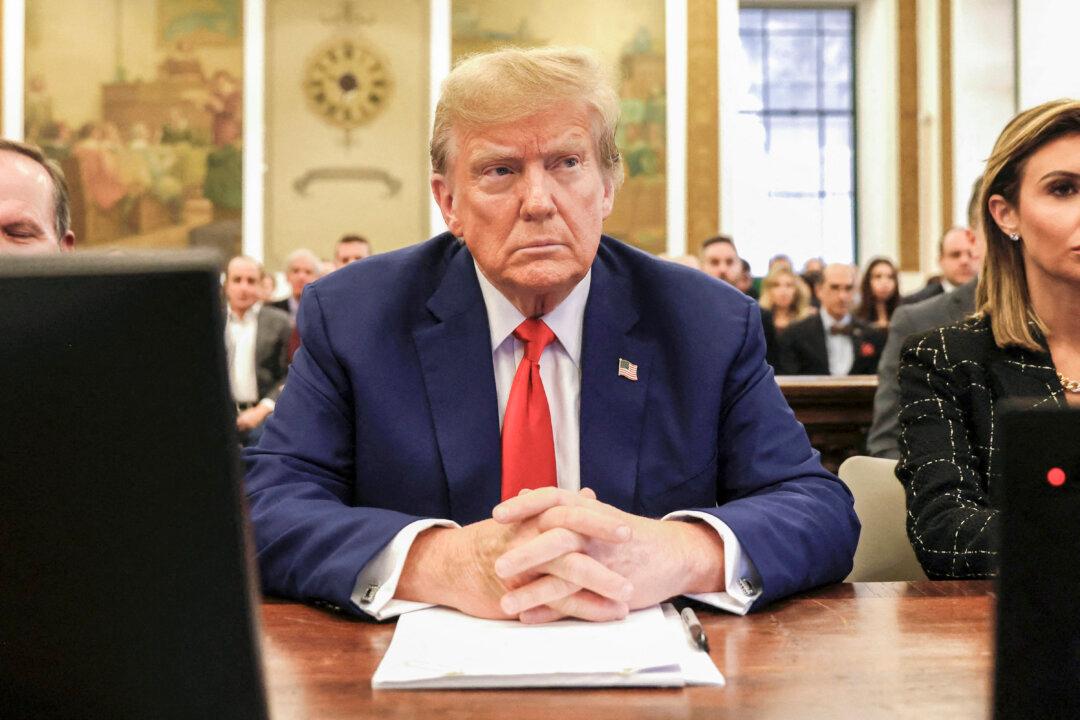Former President Donald Trump on Tuesday asked for a new trial or a change of verdict in the E. Jean Carroll case, citing “extreme restrictions” imposed on his courtroom testimony and erroneous instructions to the jury.
In a series of court filings on March 5, including a motion asking U.S. District Judge Lewis Kaplan to grant a new trial and/or alter or amend the $83 million judgment against him, President Trump’s attorneys argued that the outcome of the trial was “infected” by the judge’s errors.





